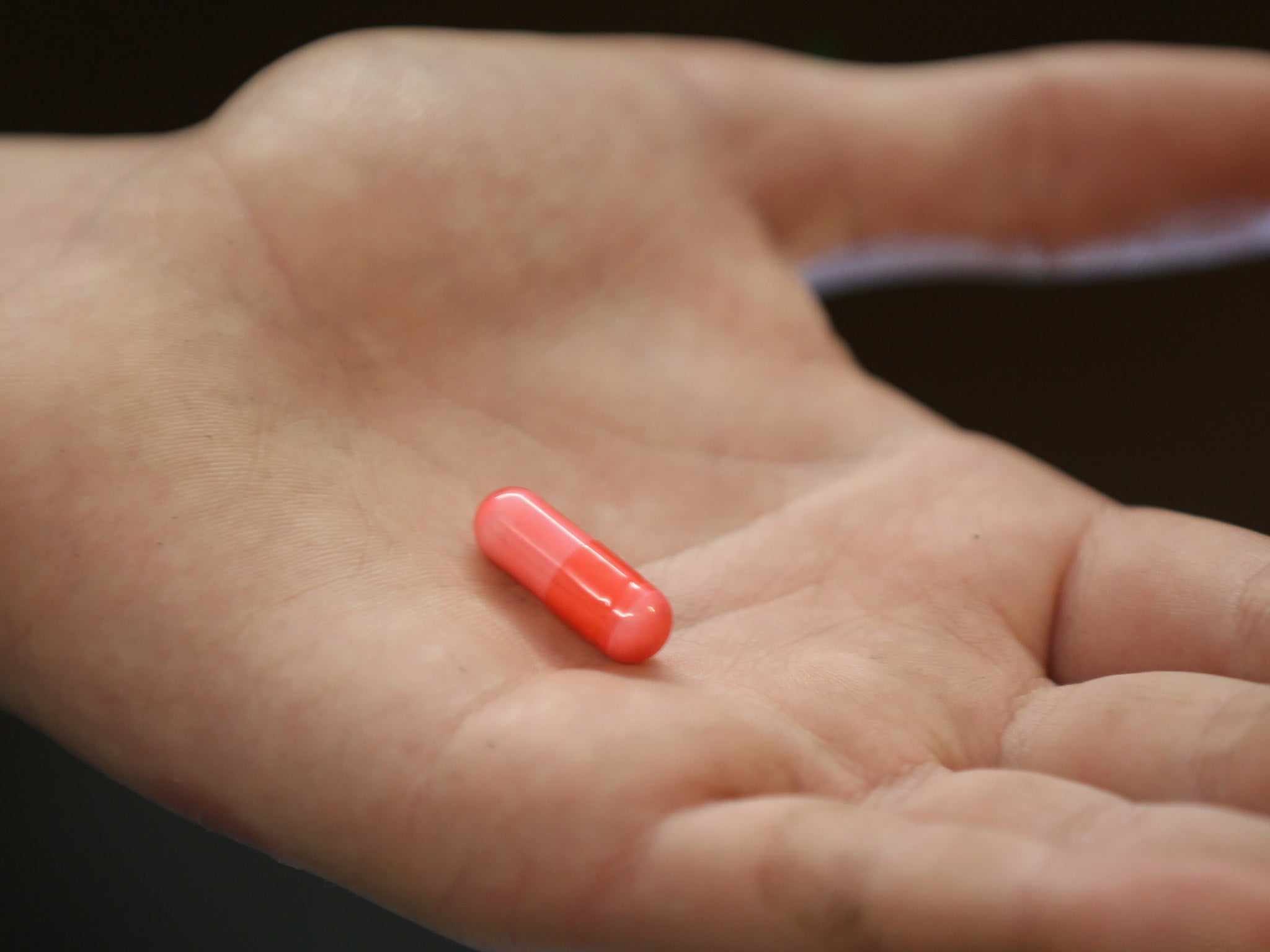Former government drugs adviser Professor David Nutt writes to PM arguing against banning legal highs
In an open letter more than 40 academics, campaigners and professionals appeal for the proposed Psychoactive Substances Bill to be reconsidered

Your support helps us to tell the story
From reproductive rights to climate change to Big Tech, The Independent is on the ground when the story is developing. Whether it's investigating the financials of Elon Musk's pro-Trump PAC or producing our latest documentary, 'The A Word', which shines a light on the American women fighting for reproductive rights, we know how important it is to parse out the facts from the messaging.
At such a critical moment in US history, we need reporters on the ground. Your donation allows us to keep sending journalists to speak to both sides of the story.
The Independent is trusted by Americans across the entire political spectrum. And unlike many other quality news outlets, we choose not to lock Americans out of our reporting and analysis with paywalls. We believe quality journalism should be available to everyone, paid for by those who can afford it.
Your support makes all the difference.David Nutt, a former government adviser on drugs, has written an open letter to Prime Minister David Cameron calling on the Government to reconsider planned legislation that will ban all 'legal highs'.
The proposed Psychoactive Substances Bill has already been criticised by the advisory council on the misuse of drugs (ACMD), a body Professor Nutt chaired until 2009, which fears the blanket ban is unworkable.
Professor Nutt has often been outspoken over government policy on drugs.
He is among more than 40 academics, campaigners and professionals to have signed the letter, reproduced below:
Dear Prime Minister,
We the undersigned request that HM Government immediately reconsiders the proposed Psychoactive Substances Bill (2015).
Parliament is responsible for protecting citizens against the harms of drugs. However, the enactment of the Psychoactive Substances Bill would be deleterious to the freedoms, well-being and ultimate safety of UK citizens. The UN Drug Conventions were established under the assumption that prohibition would reduce drug use and therefore minimise drug-related harms. Instead, global drug use has increased significantly in the decades since these policies were incorporated into law. Many countries have witnessed the unintended and damaging consequences related to the dangers of an unregulated criminal market and the criminalisation of a large number of otherwise law-abiding citizens.
If enacted, the Psychoactive Substances Bill would be unlikely to reduce the market for new psychoactive substances (NPS), which are mostly sold “not for human consumption”. The law will place the market in the hands of unregulated criminal organisations; increasing the likelihood of violence between competitors over market control as well as driving market focus on products that are higher in price and potency. Unregulated illegal markets have no incentive to comply with quality assurance protocols and accurate labelling of products, resulting in increased health risks for users and a greater strain on the already overburdened National Health Service.
Medical science will suffer from the proposed legislation, just as it continues to suffer from the over rigid regulation of other controlled psychoactive substances. Scheduling psychoactive agents in a blanket ban will impede the development of novel psychiatric medicines and prevent vulnerable members of society from potentially benefiting from new treatments.
Furthermore, any legislation that prohibits the sale of all psychoactive compounds without proper consideration of their relative harms and benefits presents an unwarranted threat to the long-standing freedoms of UK citizens. It is not possible to legislate against all psychoactive agents without criminalising the sale of dozens of harmless, everyday products that produce changes in mood and behaviour, from fresh flowers and herbs to spices and incense.
If the Government is genuinely serious about reducing drug-related harms, it should ensure that policy-makers focus their attention on public health campaigns, wide-ranging educational initiatives, effective drug treatment strategies, and the adequate funding of relevant medical and scientific research.
Despite these concerns we welcome the fact that the Psychoactive Substances Bill does not target NPS possession for personal use and would strongly encourage the extension of this approach to the regulation of other psychoactive drugs. In general, however, we believe the bill to be very poorly drafted, unethical in principle, unenforceable in practice, and likely to constitute a real danger to the health and well-being of our nation’s citizens.
Yours sincerely,
Prof. David Nutt
Edmond J Safra Chair in Neuropsychopharmacology
Imperial College, London
Join our commenting forum
Join thought-provoking conversations, follow other Independent readers and see their replies
Comments